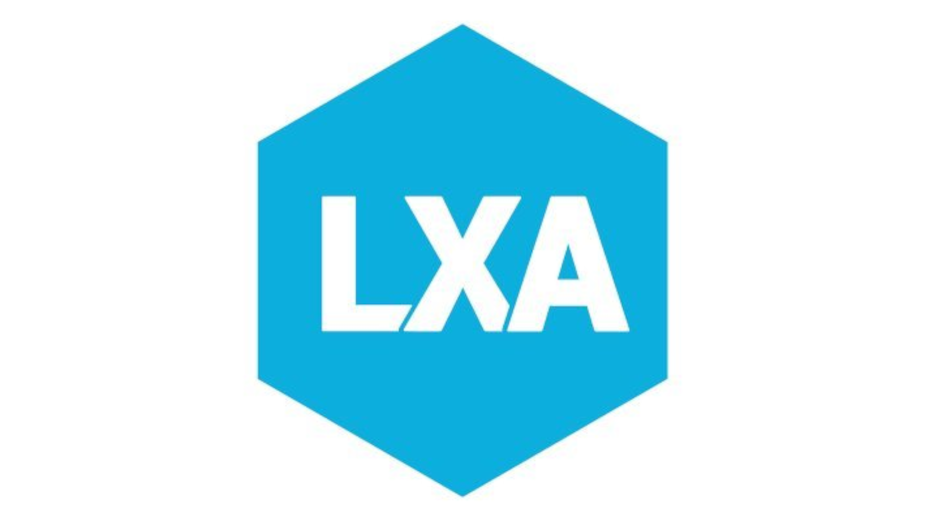A new guide to LXA, commissioned by the IPA and presented at the flagship cross-industry IPA EffWorks Global 2022 conference today (Thursday, October 13), has defined the five pillars of MarTech and marketing operations essential to successful marketing campaigns.
These pillars cover the entire process of martech strategy, from initial planning to technology selection, the processes needed to manage martech, and the skills required within the business. All of this, the report advises, should be underpinned by marketing involvement at every step, with a clear message that marketers must now rise to the martech challenge and should be as responsible as IT.
The guide was produced in recognition of the essential and increasingly central role of martech in marketing strategy, efficiency and effectiveness, with recent data showing that 63% of marketers plan to increase their martech budgets. over the next 12 months.
It also details the business factors that marketers believe limit companies’ martech effectiveness, with nearly half of marketers surveyed saying this is due to a lack of martech skills/knowledge.
Some of the major barriers to martech efficiency include:
- Lack of skills / knowledge of martech: 47%
- Stakeholder buy-in and approval: 40%
- Lacking the necessary governance: 33%
- Integration of the marketing stack: 30%
- Existing self-built and custom-developed marketing stack: 26%
- Change management: 24%
- Compliance and legal integration of martech vendors: 20%
- Lack of staff/resources: 17%
These obstacles, according to the guide, can be overcome by effective oversight of the marketing function combined with a skilled marketing operations function. To facilitate this, the guide provides a clear overview of the state of martech; provides the business case for investing in martech; describes how to select and manage martech initiatives and explains how to show a return on investment in martech. At the heart of this is the explanation of its five fundamental pillars to structure the martech strategy.
Five Pillars of Martech and Marketing Operations (provided in summary below and in detail in the guide):
1. Planning and strategy
It is the cornerstone of any marketing strategy. This is to ensure that marketing technology is integrated into a clear plan that achieves business goals.
2. People and teams
Martech success is not just about getting the right technology, it depends on having the right people in the right roles for the day-to-day management of technology and the planning of martech initiatives. It also relies on someone who has marketing technology outside of IT. The guide offers a useful job description for an effective marketing technologist.
3. Platforms, applications and ecosystems
Platforms, Apps & Ecosystems, covers the technology selection process. During the process of auditing the customer journey, reviewing business objectives, and analyzing gaps, potential business cases for new technologies can be identified. The report also provides a helpful 13-step sequence for selecting new technologies.
4. Marketing processes and operations
This covers the processes needed to manage martech. This includes daily technology operation, maintenance of the martech stack, integration of new technologies, analysis and reporting.
5. Pioneer and Pilot
This section covers the factors driving technological change. Martech leaders must be pioneers, research new technologies and ways of working, be the first to experiment with them, and see change as an opportunity.
By following these 5Ps, the guide asserts that marketers can ensure that technology is selected and used according to predefined goals, and with the teams and resources in place to use the technology to its full potential.
Commenting on the findings:
According to Simeon Duckworth, Data Strategist, UCL and WPP, “Collecting customer data” is the everyday strategy of our time. But customer data is useless if it does not translate into marketing action or improved customer service. Martech helps make this possible by making it easier, cheaper, faster, and safer to create recommendations for marketers and customers. Yet, for many of us, martech is too complicated and confusing. We struggle to keep up with rapidly changing and fragmented data technologies or feel alienated by value-laden jargon and sales pitches. We fear both being left behind and being trapped in hasty decisions with their legacy of fragmentation and implementation costs. We hope this report therefore makes martech less daunting for marketers. And we urge marketers to get involved in shaping martech decisions in conjunction with technical experts.
According to Janet Hull OBE, Director of Marketing Strategy at IPA, “Marketing technology has become increasingly important to marketers over the past decade. And with martech becoming increasingly central to marketing strategy , it is important that marketers have more influence in the technology selection process.Ultimately, the success of marketing campaigns, the achievement of key objectives and day-to-day effectiveness depend increasingly on more of the right technology, and the people, skills and processes in place to make full use of it.
According to Carlos Doughty, CEO and Course Instructor, LXA, “Nearly a quarter of marketing budgets are allocated to marketing technology, so it’s only natural that martech effectiveness should be front and center for every CMO. The challenge lies in the rapid digitization of the world, changing customer behaviors, the plethora of marketing tools available, and the lack of skilled talent equipped to handle it.The LXA 5Ps framework of martech and marketing operations helps address this by atomizing and systematizing audit to strategy development.The report unpacks this and provides details on the broader martech landscape.
For more information on the free full report ‘A Guide to MarTech Effectiveness’, sample charts, infographics and any additional commentary, visit here.

